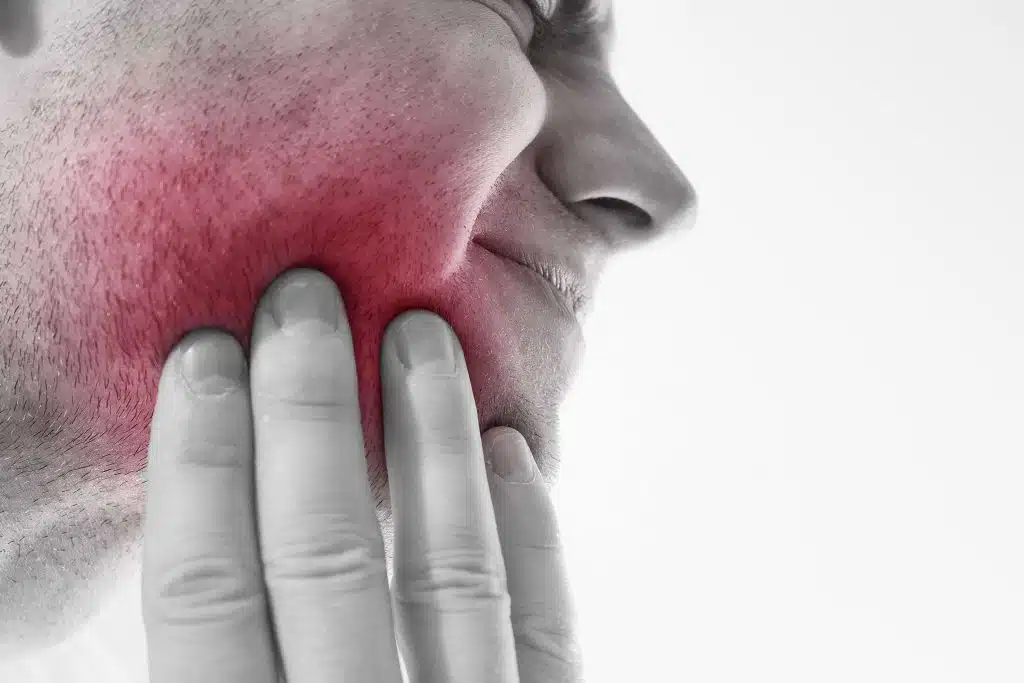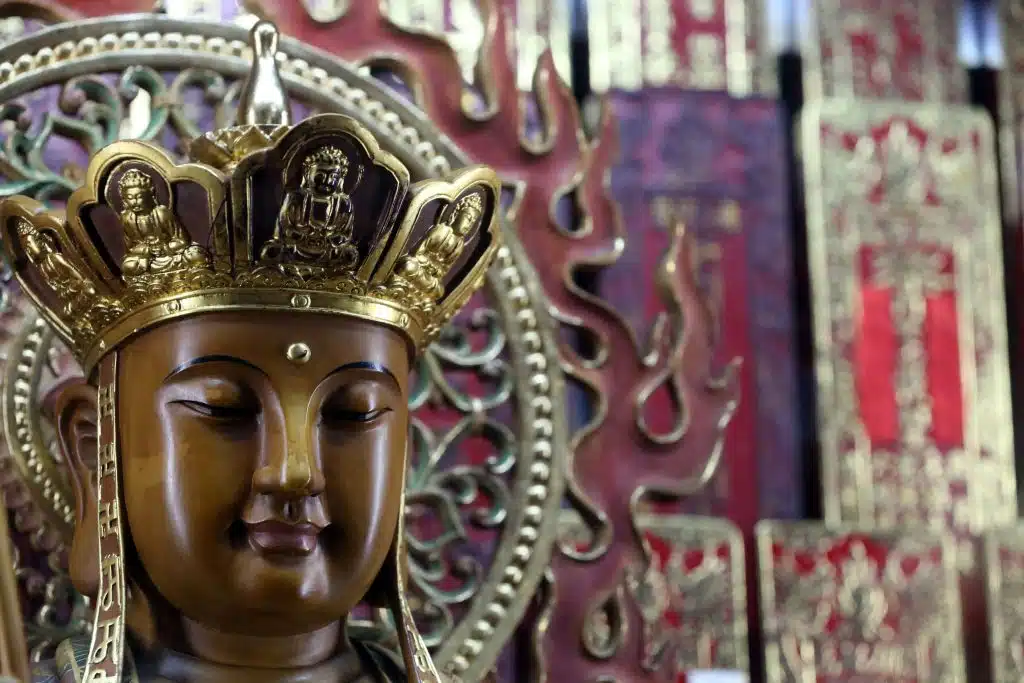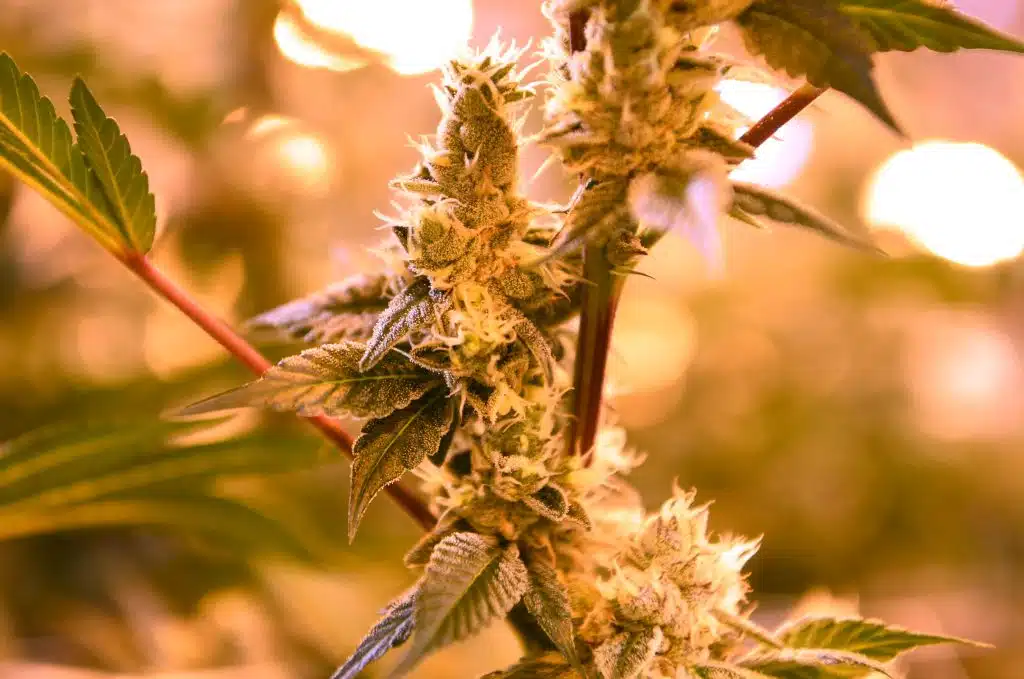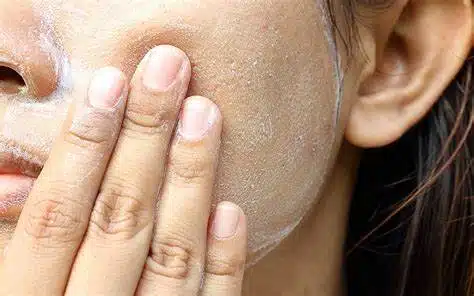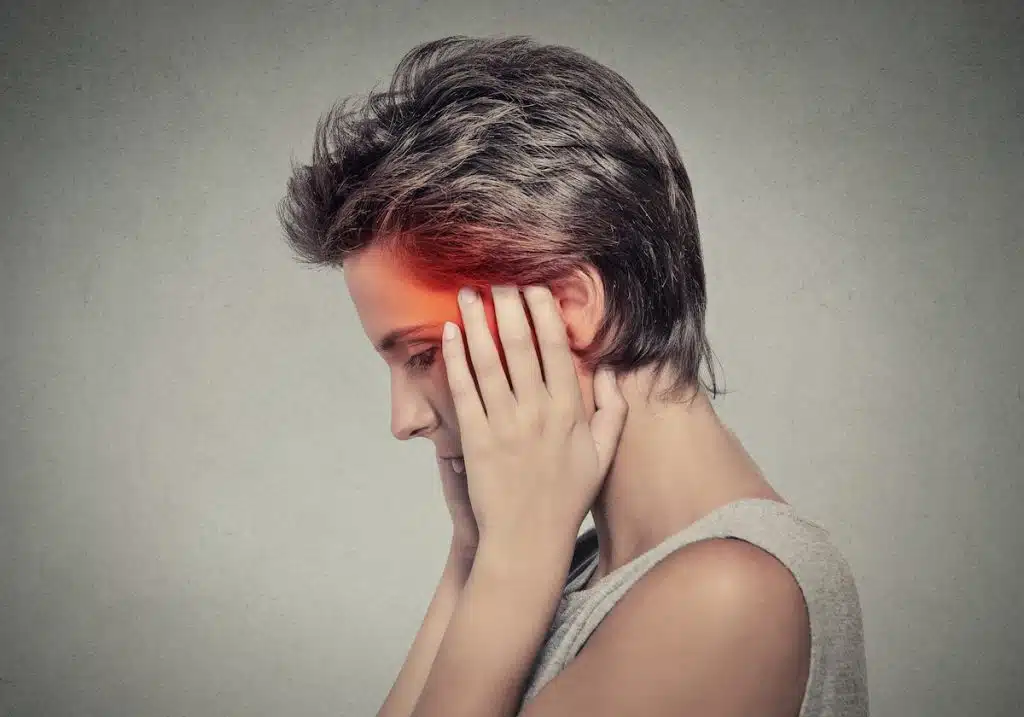Insomnia: Cannabis Can Help You Sleep Better

Insomnia: Cannabis Can Help You Sleep Better
Do you ever struggle to sleep? Do you spend hours tossing and turning, unable to find a calm state of mind? Or do you just hate the smell and feel of your sheets at night? If so, it might be time to consider adding some help. After all, as much as we might not like to admit it, most of us suffer from occasional bouts of insomnia.
What is cannabis?
Cannabis, also known as marijuana or hemp, is a plant that contains compounds called cannabinoids. The two main cannabinoids found in cannabis are tetrahydrocannabinol (THC) and cannabidiol (CBD). THC is the compound that is responsible for the plant’s psychoactive effects, while CBD is non-psychoactive.
What is insomnia?
Insomnia is a condition characterized by difficulty falling asleep or staying asleep. It can also include waking up too early or not feeling refreshed after sleep. Insomnia can have a significant impact on a person’s quality of life, as it can lead to daytime fatigue, mood changes, and difficulty focusing.
How can cannabis help with insomnia?
Cannabis has been used as a sleep aid for centuries. The compounds in cannabis, particularly THC, have a sedative effect that can help people fall asleep more easily. Additionally, CBD has been found to help reduce anxiety, which can be a contributing factor to insomnia.
What are the benefits of using cannabis for insomnia?
There are a number of potential benefits of using cannabis for insomnia, including:
- Improved sleep quality
- Increased duration of sleep
- Reduced symptoms of insomnia
- Reduced anxiety and stress
- Improved mood
What are the disadvantages of using cannabis for insomnia?
While cannabis may be helpful for some people with insomnia, there are also potential downsides to consider. These include:
- Dependence: Regular use of cannabis can lead to a physical dependence on the drug, making it difficult to quit.
- Long-term cognitive impairment: Cannabis use can lead to long-term cognitive impairment, such as memory problems and difficulty focusing.
- Short-term cognitive impairment: Cannabis use can lead to short-term cognitive impairment, such as slowed reaction times and impaired judgement.
- Risk of addiction: Cannabis use can lead to addiction, which can be difficult to overcome.
Can THC tolerance build up from nightly use?
Research has shown that regular use of THC can lead to a tolerance build-up, which means that over time a person will need to use more of the drug to achieve the same effects.
How much should you use to help you sleep?
The amount of cannabis you should use to help you sleep will depend on a number of factors, including your body weight, tolerance, and the strength of the product. It is generally recommended to start with a low dose and gradually increase until you find the amount that works best for you. It is also important to note that smoking or vaporizing cannabis can have more immediate effects than oral consumption, which may take longer to take effect.
Why does insomnia occur?
Insomnia can occur for a variety of reasons, including:
- Stress: Stressful events or ongoing stress can make it difficult to fall asleep or stay asleep.
- Anxiety and depression: Anxiety and depression are common causes of insomnia, as they can make it difficult to relax and fall asleep.
- Chronic pain: Chronic pain can make it difficult to fall asleep or stay asleep.
- Medications: Certain medications, such as beta blockers and antidepressants, can cause insomnia.
- Medical conditions: Certain medical conditions, such as asthma, chronic obstructive pulmonary disease (COPD), and Parkinson’s disease, can cause insomnia.
- Poor sleep hygiene: Poor sleep hygiene, such as exposure to bright screens close to bedtime, a irregular sleep schedule, or an uncomfortable sleep environment can make it difficult to fall asleep or stay asleep.
- Jet lag and shift work: Jet lag and shift work can disrupt the body’s natural sleep-wake cycle, making it difficult to fall asleep or stay asleep at the appropriate times.
Is THC or CBD better for insomnia?
Both THC and CBD have potential benefits, but they work in different ways. THC is known for its sedative effects, which can help people fall asleep more easily. CBD has been found to help reduce anxiety and stress, which can be contributing factors to insomnia. Some people may find that using a combination of THC and CBD is most effective for treating insomnia, while others may find that one or the other works best for them.
Can insomnia become worse with cannabis?
While cannabis may be effective in treating insomnia for some people, it can also make it worse for others. This is because cannabis can lead to tolerance, dependence, and withdrawal symptoms. Additionally, cannabis use can lead to cognitive impairment, which can make it difficult to fall asleep or stay asleep. Furthermore, cannabis use can lead to anxiety and paranoia, which can make insomnia worse.
What are the best strains for insomnia?
There are many strains of cannabis that are specifically bred to promote sleep and relaxation. Some of the strains that are commonly recommended for treating insomnia include:
- Indica strains: Indica strains are known for their sedative effects and are often recommended for treating insomnia. Examples of indica strains that are commonly recommended for insomnia include Granddaddy Purple, Northern Lights, and Skywalker.
- High-CBD strains: High-CBD strains are known for their non-psychoactive effects, which can help reduce anxiety and stress. Examples of high-CBD strains that are commonly recommended for insomnia include Harlequin and ACDC
- Hybrid strains: Hybrid strains are a combination of indica and sativa strains and can be effective for treating insomnia because they have the sedative effects of indica strains and the stress-relieving effects of sativa strains. Examples of hybrid strains that are commonly recommended for insomnia include Blue Dream and Godfather OG. It’s important to note that the best strains may vary depending on individual’s preference, tolerance, and symptoms. Furthermore, it’s always recommended to consult with a medical professional before trying any new treatment.
Conclusion
Cannabis has been used as a sleep aid for centuries and can be effective in treating insomnia. However, it is important to be aware of the potential downsides of cannabis use and to use it with caution. It is also important to note that cannabis is not a substitute for good sleep hygiene practices, such as avoiding caffeine, nicotine, and alcohol close to bedtime, and maintaining a regular sleep schedule. If you are considering using cannabis to help with insomnia, it is important to talk to your healthcare provider to understand the potential benefits and risks. If you are interested in cannabis, check out Ganja West online dispensary at ganjawest.co and pick up some bud!


